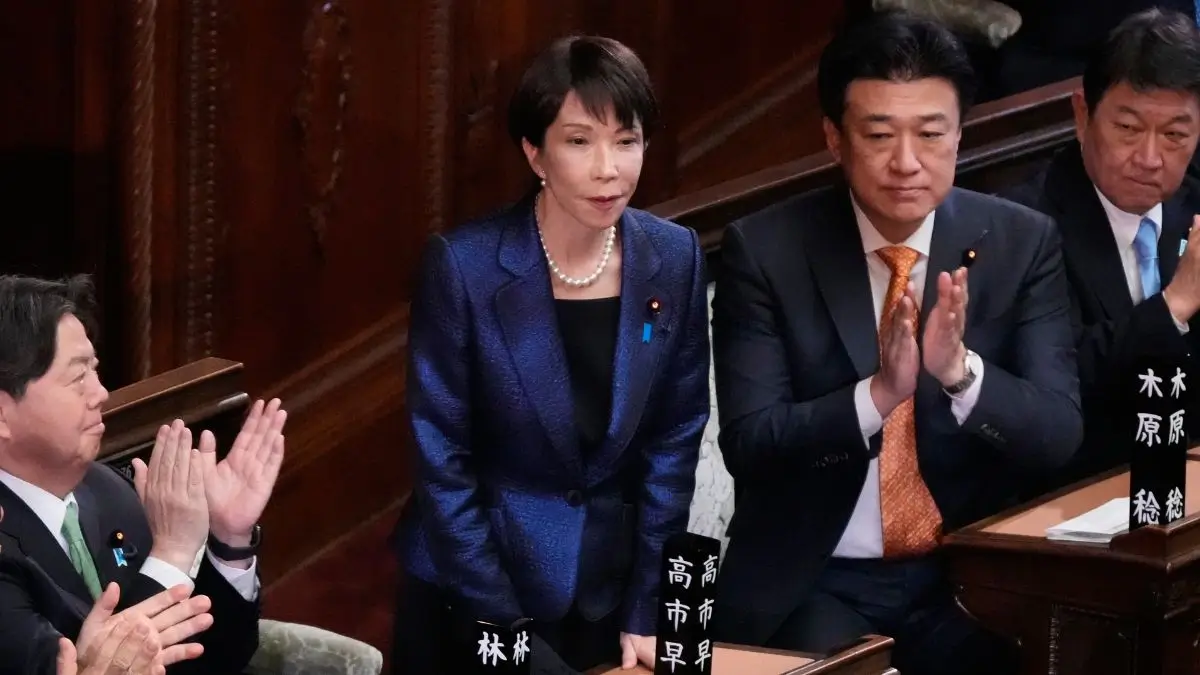Government Initiates Anti-Dumping Investigation into Steel Imports from Vietnam
Introduction
In recent developments, the Indian government has launched an anti-dumping investigation into the influx of steel imports from Vietnam. This investigation aims to assess whether these imports are being sold below fair market value, potentially harming the domestic steel industry. The decision marks a significant step in protecting local industries from unfair trade practices and ensuring a level playing field in the market.
Background of the Investigation
The investigation was triggered by complaints from Indian steel manufacturers, who argue that the steel imports from Vietnam are being dumped at prices lower than their production cost. This practice, known as “dumping,” can undermine domestic producers by allowing foreign companies to sell their products at artificially low prices. The Directorate General of Trade Remedies (DGTR) has been tasked with conducting this probe, which will involve a thorough analysis of trade data and market conditions.
Key Objectives of the Investigation
The primary objective of the anti-dumping investigation is to determine if the steel imports from Vietnam are indeed being sold below cost and if such practices are causing material injury to the domestic steel industry. If the investigation finds evidence of dumping, the government may impose anti-dumping duties to counteract the adverse effects and protect local businesses. The investigation will also assess whether such measures are necessary to prevent potential harm to Indian manufacturers.
Potential Impact on the Domestic Steel Industry
Should the investigation confirm dumping practices, it could lead to the imposition of anti-dumping duties on steel imports from Vietnam. This move would help safeguard the interests of Indian steel producers by ensuring they can compete on equal terms. Additionally, it could lead to higher steel prices in the domestic market, which might affect downstream industries that rely on steel as a raw material.
Government’s Stance and Future Actions
The Indian government has reiterated its commitment to protecting domestic industries from unfair trade practices. The anti-dumping investigation is part of broader efforts to ensure that international trade practices align with fair competition standards. The government will review the findings of the DGTR and take appropriate actions based on the investigation’s outcomes.

Why This News Is Important
Protection of Domestic Industries
The anti-dumping investigation into steel imports from Vietnam is crucial for safeguarding India’s domestic steel industry. By addressing concerns about unfair trade practices, the government aims to ensure that local producers can compete effectively against international competitors. This move is essential for maintaining the health and sustainability of the domestic steel sector.
Impact on Employment and Economy
The steel industry plays a significant role in India’s economy, providing numerous jobs and contributing to economic growth. If the investigation finds evidence of dumping and results in anti-dumping duties, it could stabilize the industry, protect jobs, and prevent potential economic downturns in the steel sector.
Fair Trade Practices
The investigation underscores the importance of fair trade practices in international trade. By examining the pricing strategies of steel imports, the government demonstrates its commitment to ensuring that trade practices do not undermine local industries. This aligns with broader efforts to maintain equitable trade relations.
Potential Market Adjustments
The outcome of the investigation could lead to adjustments in the steel market, including changes in pricing and supply dynamics. Understanding these potential changes is crucial for stakeholders, including consumers and businesses that depend on steel products.
Long-Term Trade Policies
The investigation may influence India’s long-term trade policies and strategies. The government’s actions in response to the findings could shape future trade relations with other countries and impact how trade disputes are handled.
Historical Context
Previous Anti-Dumping Measures
India has a history of implementing anti-dumping measures to protect its domestic industries. Previous investigations have targeted various sectors, including textiles and chemicals, to address concerns about unfair trade practices. These measures have often resulted in the imposition of anti-dumping duties, which aim to level the playing field for local producers.
Trade Relations with Vietnam
India and Vietnam have a robust trade relationship, with bilateral trade covering a wide range of goods and services. However, trade disputes, including those related to dumping practices, have occasionally arisen. The current investigation into steel imports reflects ongoing efforts to address trade imbalances and ensure fair competition between the two countries.
Impact of Global Trade Dynamics
Global trade dynamics, including fluctuations in steel prices and changes in international trade policies, have influenced the steel industry worldwide. The investigation into steel imports from Vietnam is part of a broader context of managing trade relations and responding to global market trends.
Key Takeaways from the Investigation into Steel Imports from Vietnam
| Serial Number | Key Takeaway |
|---|---|
| 1 | The Indian government has initiated an anti-dumping investigation into steel imports from Vietnam to address concerns of unfair trade practices. |
| 2 | The Directorate General of Trade Remedies (DGTR) is responsible for conducting the investigation and analyzing trade data. |
| 3 | The investigation aims to determine if the imports are sold below fair market value and if they are causing material injury to domestic steel producers. |
| 4 | If evidence of dumping is found, anti-dumping duties may be imposed to protect local steel manufacturers and ensure fair competition. |
| 5 | The investigation could lead to market adjustments, affecting steel prices and the broader economy, and may influence future trade policies. |
Important FAQs for Students from this News
What is the current anti-dumping investigation about?
The Indian government has initiated an anti-dumping investigation into steel imports from Vietnam to determine if these imports are being sold below fair market value. The investigation aims to protect the domestic steel industry from potential harm caused by unfair trade practices.
Why is the government investigating steel imports from Vietnam?
The investigation was prompted by complaints from Indian steel manufacturers who believe that steel from Vietnam is being dumped at prices lower than production costs. This could potentially harm local producers by undercutting their prices.
What could be the outcome of the investigation?
If the investigation finds that the steel imports are indeed being dumped and harming the domestic industry, the government may impose anti-dumping duties. These duties would aim to counteract the adverse effects and ensure fair competition.
How does the anti-dumping investigation affect the domestic steel industry?
The investigation could lead to the imposition of anti-dumping duties if dumping is confirmed. This would help protect domestic steel producers by allowing them to compete on equal terms and potentially stabilize steel prices in the domestic market.
What is the role of the Directorate General of Trade Remedies (DGTR) in this investigation?
The DGTR is responsible for conducting the investigation into the steel imports from Vietnam. They will analyze trade data and market conditions to determine if dumping is occurring and if it is causing injury to the domestic steel industry.
Some Important Current Affairs Links

















